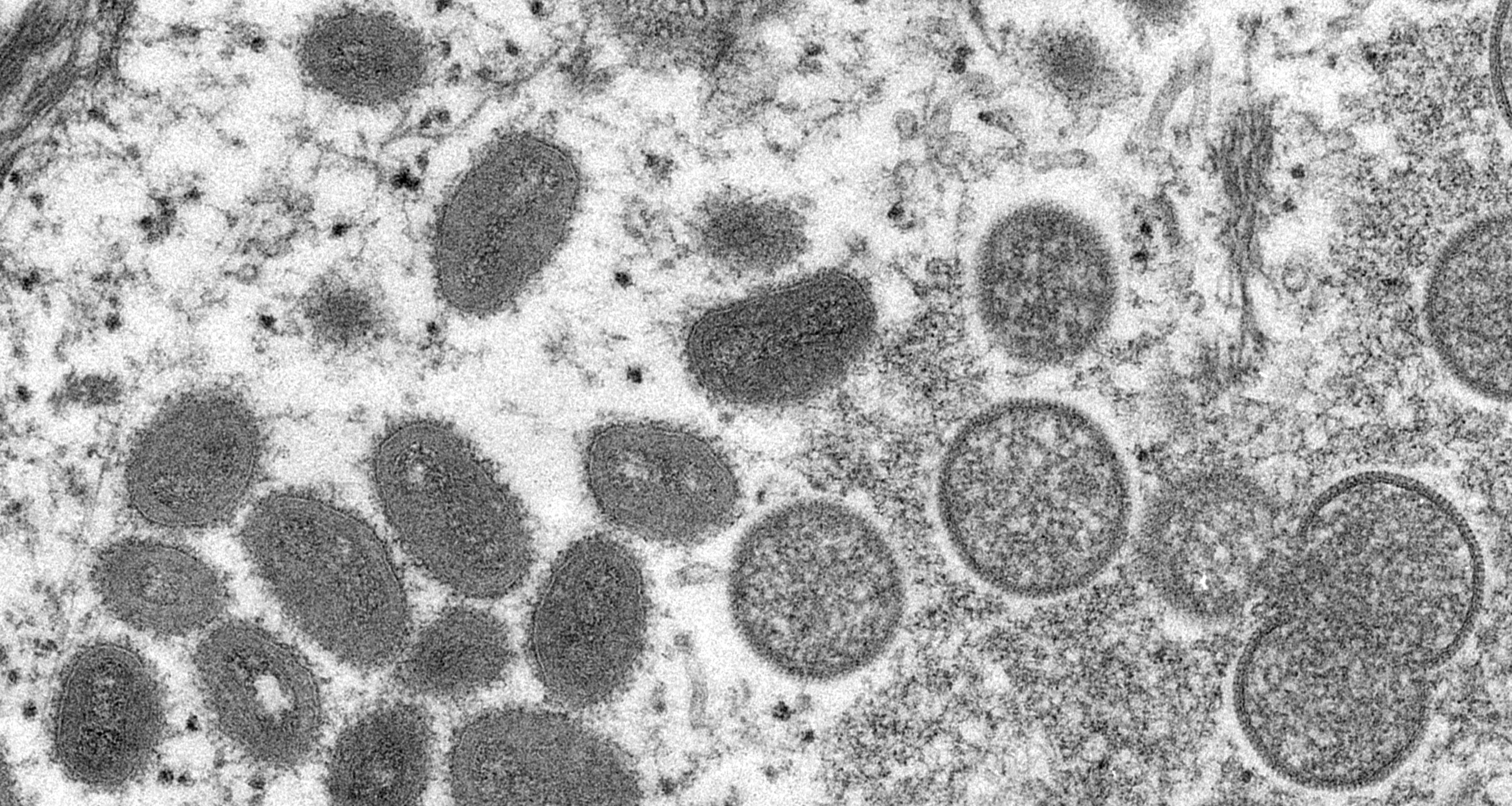Monkeypox: UK health agency procures 100,000 more vaccines as cases pass 2,000
Guidance around self isolation has also been updated.

Words: Alastair James; pictures: Wiki Commons and Terrence Higgins Trust
The UK Health Security Agency (UKHSA) has procured 100,000 additional doses of a vaccine against monkeypox as the number of UK cases passes 2,000
On Tuesday (19 July) the agency reported that there have so far been 2,137 cases across the country, with 2,050 in England with a high proportion of those being in London.
While anyone can get monkeypox the majority of UK cases continue to be in gay, bisexual and other men who have sex with men (GBMSM), with the infection being passed on mainly through close contact between people in interconnected sexual networks.
#Monkeypox update: UKHSA have procured more than 100,000 additional vaccines doses. Additional doses will arrive from the manufacturer, Bavarian Nordic, this month, with the remainder expected by September.
More info here 👇 https://t.co/e8jksQo9Av
— UK Health Security Agency (@UKHSA) July 19, 2022
The UKHSA has also updated its guidance for those who are identified as close contacts of confirmed monkeypox cases. Close contacts will no longer need to isolate at home if they don’t have symptoms.
The symptoms of monkeypox are fever, aches and pains, tiredness, chills, swollen glands, and a rash that appears after a few days starting on the face and hands and spreads to the rest of the body, including the genitals.
The changes announced on Tuesday follow the latest data which shows that a relatively small number of close contacts have gone on to develop monkeypox and a lack of evidence of transmission outside of close intimate or sexual contact, now that more epidemiological information is available.
The latest guidance is proportionate to the latest transmission risks and is in line with advice from the World Health Organisation, other European countries, and the American CDC.
For category 2 and category 3 close contacts, the UKSA recommends people:
– contact NHS 111 or a sexual health clinic if they develop a fever or any of the other symptoms described below
– avoid skin-to-skin contact with others, such as hugging and kissing
– refrain from sexual or intimate contact
– avoid international travel if possible. Travel insurance may also not be valid for people advised not to travel.
– let health or dental facility staff know they’re a close contact before attending for health or dental care.
Additionally, for category 3 close contacts it is also recommended:
– avoid close contact with children aged under 5 years, pregnant women, and those who have an impaired immune system.
– If they work with children aged under 5 years, pregnant women, or those who have an impaired immune system, UKHSA or their employer might inform them if they need to take time off. This decision will be based on a personalised clinical assessment.

Photo: The Terrence Higgins Trust
Dr. Merav Kliner, the Deputy Incident Director at UKHSA, says, “While our advice on isolation is changing, monkeypox is still a serious public health challenge, and we urge contacts to take a break from any activities or events involving skin-to-skin contact, including sex, hugging and kissing to reduce the risk of the virus being passed on unknowingly.”
The smallpox vaccine is still being offered to those with a higher risk of exposure on a case-by-case basis with detailed clinical assessments being carried out first.
The UKHSA has also procured more than 100,000 additional doses of the smallpox vaccine which is being offered to those with a higher risk of exposure on a case-by-case basis with detailed clinical assessments being carried out first.
The first batch of the additional does is expected this month with another batch due in September. In June the UKHSA announced a vaccination strategy that has been endorsed by the Joint Committee on Vaccination and Immunisation (JCVI).
Eligibility is based on a number of factors, similar to the criteria used to assess those eligible for PrEP, even if someone is already living with HIV.
Dr. Gayatri Amirthalingam, the Head of Immunisation at UKHSA says the additional does mean the Uk is in “a stronger position” to combat the outbreak and urged people with a rash or blisters or any other symptoms to avoid meeting with friends and sexual contact.

Photo: The Terrence Higgins Trust
Earlier this month several UK charities including the Terrence Higgins Trust called on the UK government to act urgently against the outbreak and supply £51 million “to stop monkeypox becoming endemic in the UK” and to support sexual health services.
The London mayor, Sadiq Khan, has also written to the government to express his concern about the number of cases in London.
The Attitude July/August issue is out now.
